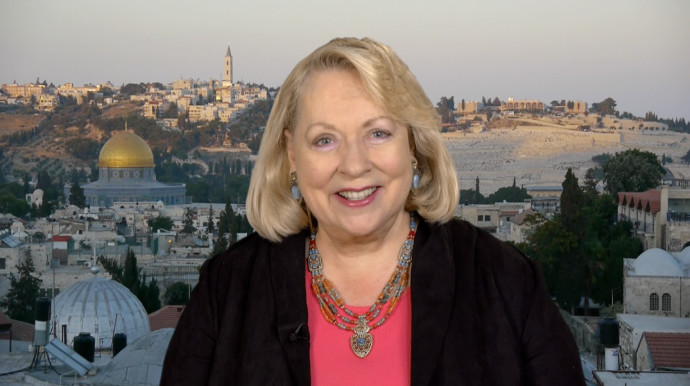An Orthodox Israeli friend asked me for a meeting to discuss our ongoing project of Jewish-Christian bridge-building. He wanted to meet the following Sunday, a working day for Israelis, but apologized when he learned it was Easter Sunday.
I said, “Not to worry. We celebrate Resurrection Day during Passover observance when the Resurrection actually occurred—and that's why we hold Passover conferences in Israel.”
My friend said, "Well, Easter is totally off my radar."
No wonder.

Ever since Churchmen decided to divorce the celebration of Resurrection Day from Passover, there has been a great divide, even though Christianity grew out of Judaism.
The First Council of Nicaea (325 C.E.) unfortunately decreed independence from the Hebrew calendar. The biblical events of Good Friday, Holy Saturday and Resurrection Sunday (Bikkurim/First Fruits) should be celebrated according to the dates that God set in the Bible— and not according to the “Churchianity" calendar.
I understand why many Jews would prefer that our holidays not coincide. But historically the Church does the world a disservice when we commemorate the death, burial and Resurrection of Jesus out of sync with the Jewish Passover— and thus out of context with Bible prophecy.
The Torah prohibits uttering the names of pagan deities. Ishtar, or Isis, whose festival is Easter, was a sex goddess of fertility. How blasphemous of Churchmen to pass over the correct Passover season and instead inaccurately commemorate Jesus's death and Resurrection on a pagan festival that is foreign to the Bible.
Within Evangelical Christianity there are some Bible teachers who adamantly insist that only the King James Bible should be used. I was raised on the King James Bible, and admittedly other translations are not as lofty or poetic. However, the translators of the much-revered King James Bible got it wrong in Acts 12: 4, which states:
“And when [King Herod] had apprehended [Peter], he put him in prison, and delivered him to four quaternions of soldiers to keep him; intending after Easter to bring him forth to the people.”
The New King James Version corrects the older translation and properly says “after Passover.” In fact, all modern English translations correctly say Passover.
Outside of the English-speaking world, “Easter” is known as “Pascha,” an Aramaic synonym of the Hebrew “Pesach," meaning of course “Passover.”
Unfortunately, “Easter” in the English language is a carry-over from the pagan celebration of the Spring Equinox. Pagans celebrated nature’s rebirth by invoking Ēostre, Ishtar, the goddess of spring and fertility.
Thankfully, I’ve noticed over the years that some Churchmen have taken the broom of the Holy Spirit to pagan traditions such as Easter eggs and Easter bunnies and have begun to refer to “Resurrection Sunday” rather than “Easter.”
In one of our Jerusalem Channel TV shows filmed in Cairo, the Easter Bunny met his fate in the Nile River.
"Sorry, Easter Bunny, you're just not part of the Resurrection story," my husband Peter quipped, and he tossed a toy stuffed bunny to the crocodiles in an episode called “Death on the Nile.”
Animal lovers: No real bunnies were harmed in the making of that video.
Christine Darg is the co-founder of the Jerusalem Channel and can be contacted at www.JerusalemChannel.tv.
